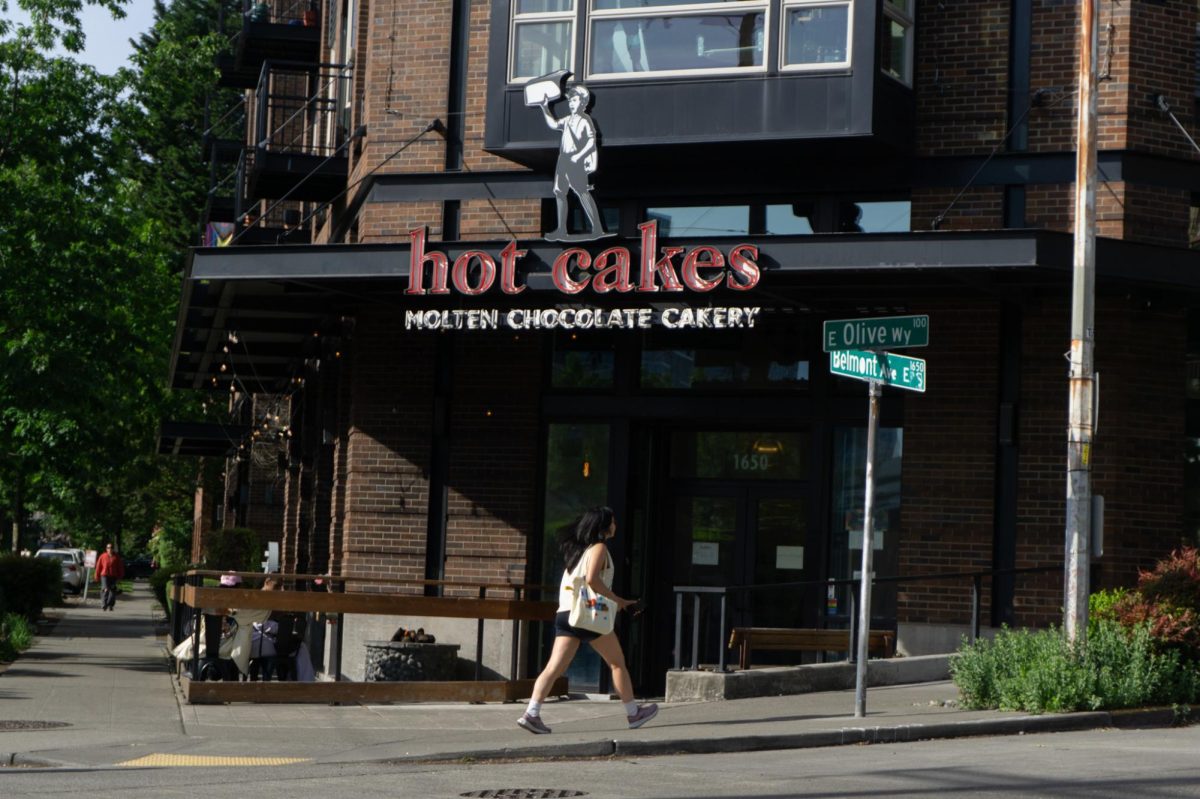The Oscars are, for many, the biggest night in film. On Sunday night, those in the entertainment industry gathered in Los Angeles to celebrate this year in film. At home, my friends and I waited to see how Hollywood and the Oscars would address the #MeToo movement and its impacts on the entertainment industry. For us, the show had a disappointing end.
Celebrating its 90th birthday, the Oscars showcased its light-hearted side after Helen Mirren downed a shot of tequila on the red carpet. Jimmy Kimmel challenged award winners to keep their speeches short to win a Jet Ski and spent a large portion of screentime escorting a group of actors to the movie theater across the street.
However, though it seemed that those in attendance were there to make a statement, the night seemed relatively quiet.
Kimmel began the show by making a few jokes about current political issues, and throughout the night many presenters mentioned equal rights for women, immigration, and equal representation for people of color. However, much of the discussion seemed to end there.
Few award recipients utilized their acceptance speeches to speak out for justice. Frances McDormand was the only woman to use her speech for justice as she emphasized the importance of giving women the opportunity to finance their film projects. However, this could be attributed to the fact that she was one of the only women to win and give an acceptance speech during the almost four-hour show.
A majority of attendees showed up sporting “Time’s Up” pins, representing the legal fund that advocates for equal representation in all workplaces, leading many viewers to expect a night that would address these issues.
Three of Harvey Weinstein’s accusers united to present a video of women discussing the recent changes in the industry, including “Time’s Up” and #MeToo, but aside from this, very little was said about the subject.
The basis of the movement is that there is no more room for harassers and assaulters in our world—their time is up. Yet, three women spoke on that stage not as accomplished women in their profession, but as Harvey Weinstein’s victims whose lives are supposedly healed now that he has no place in the academy.
The basis of the movement is that women should not have to unite to be taken seriously, that a woman’s voice is valid on its own. Yet we watched as three women stood on that stage to discuss sexual harassment and sexual violence.
The basis of the movement is that what women have been saying this entire time is valid and that we believe them. Yet we watched as Kimmel hosted the show and spoke with authority on violence against women.
The basis of the movement is that abusers and harassers no longer have a place in Hollywood, or in any industry anywhere. Yet we watched as Ryan Seacrest hosted the red carpet, and as Gary Oldman and Kobe Bryant accepted awards—all of whom are receiving backlash from allegations of varying degrees of power based violence.
Many strong women and people of color graced the stage on Sunday, and some used their voices to speak out for justice.
Despite the debates occurring about the truth of the claims against any of these men, to force any woman in attendance who has experienced sexual or domestic violence in the past to engage with someone who might have perpetuated the same crimes is not ok.
To have three women appear on stage and be identified by their abuse is not okay.
Sexual harassment, sexual assault and domestic violence are personal and intimate crimes. Over the past few months we have only gotten a glimpse at how many people are affected by these types of violence.
It’s a shame that in the days following the event, we focus on why these men are participating and what their interactions were like. It’s a shame that so many believe we have come so far in the past few months, when we still have so far to go.
Rachel may be reached at
rlarson@su-spectator.com







